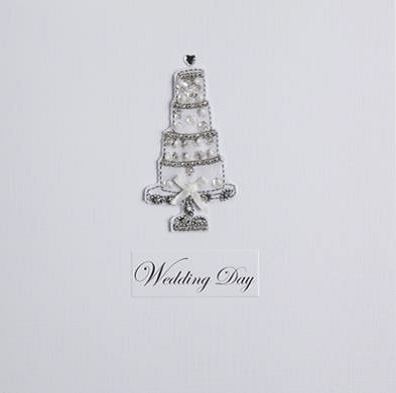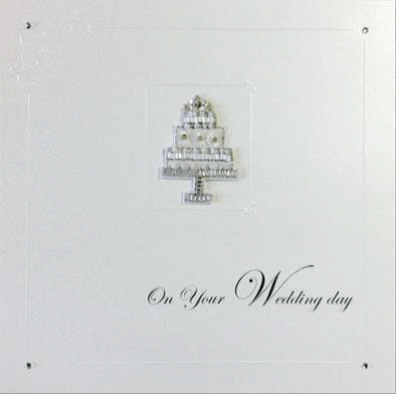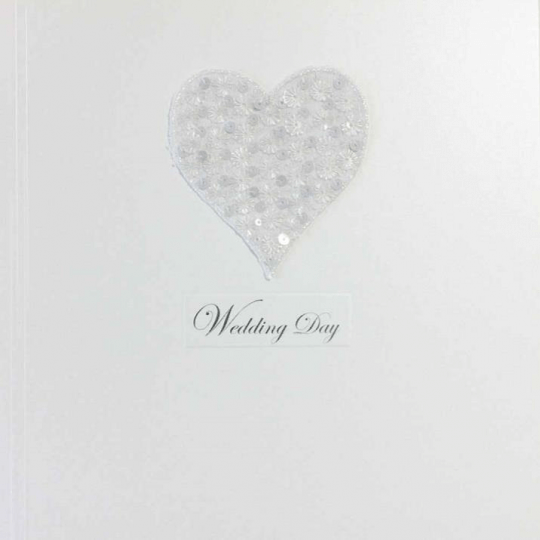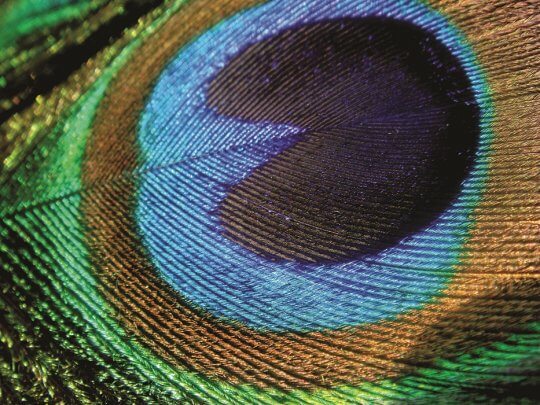
Play your cards right: short handwritten note was adequate assignment of copyright in greetings cards from designer to claimant
The defendants in Mei Fields Designs Ltd v Saffron Cards and Gifts & Anor [2018] EWHC 1332 (IPEC) were found jointly and severally liable for copyright infringement of certain greeting card designs. The claimant was entitled to bring the claim as the rightful copyright owner after successfully proving (i) the designer was the rightful first author (and first owner) and (ii) the handwritten note (with no consideration) was a valid assignment from designer to claimant.
Background
Mei Fields Designs Ltd (“MFD”) is a designer of over 2300 greeting cards, many of which include a swatch of fabric decorated with beads, sequins and/or stitching. The first defendant, Saffron Cards and Gifts (“Saffron”) had a licence with the claimant to produce various greetings cards designed by then employee, Mrs Fields. This licence terminated on 21 March 2016.
MFD claimed that Saffron (and Saffron’s sole director and shareholder, Paul Steele, the second defendant) infringed its copyright in several greetings card designs in two ways:
(i) firstly, by continuing to produce and sell card designs originally under licence, after the licence was terminated (Group A Designs); and
(ii) secondly, by Saffron designing and producing their own cards which were so similar to MFD’s designs that they infringed MFD’s copyright (Group B Designs).
Allegedly infringing cards designed and produced by Saffron (Group B Designs)


Cards designed by MFD


In relation to Group A Designs, the defendants argued MFD is not the copyright owner of the Group A Designs and is therefore not entitled to bring a claim of copyright infringement. Their arguments were that either:
- Mrs Fields was an employee of Metropolis at the time and therefore Metropolis owns the copyright, or
- due to her directorship Mrs Fields holds the ownership on trust for Metropolis, or
- the cards were created with other Metropolis employees and therefore Metropolis is a joint owner.
As for Group B, although the first defendant had access to Mrs Fields’ designs and admitted to taking the idea of using a swatch of fabric, the defendants argued that these designs were not close enough to infringe MFD’s copyright.
Decision
Group A Designs
The court held that Mrs Fields designed greeting cards outside the scope of her employment with Metropolis; the junior employees did no design work on Mrs Fields’ designs; and there was a clear agreement between Mrs Fields (as designer) and Mr and Mrs Fields (as directors/shareholders) that Mrs Fields would own the copyright in the cards she designed therefore Metropolis was never the beneficial owner of the copyright in the greeting cards.
Copyright in the cards was therefore first owned by Mrs Fields individually.
Valid Assignment
The defendants also argued the short handwritten document purported to be an assignment of Mrs Field’s copyright to MFD was invalid as the terms were unclear and there was no consideration.
The court agreed the terms were not clear but looked instead at the commercial context to interpret the document. It found the document was effective to assign any copyright from Mrs Fields to MFD and therefore MFD was the rightful copyright owner in any of Mrs Field’s designs. As such, on termination of the licence agreement between the parties, production of the Group A Designs infringed MFD’s copyright.
Group B Designs
The court held that due to Saffron’s access to Mrs Field’s sketches and the inability of Saffron to produce evidence of their own design drawings, there was sufficient evidence to find that copying took place. It was also held that the designs were “simply too close to be product of independent creation” and as such certain of Saffron’s designs were held to infringe MFD’s designs (see images above).
Comment
- Copyright is automatically owned by the employer where a work is created in the course of employment. This case highlights the importance of documenting transfer of ownership to provide transparency if any issues were to arise.
- A valid assignment of copyright must be in writing, signed, and usually requires consideration (money in exchange), even if it is just £1, for the assignment to be a valid contract. Take care to ensure your assignment complies with all the necessary legal requirements to ensure it effectively transfers copyright ownership.
It might also be possible register a greeting card as a UK registered design or an EU registered design. This will give you stronger protection and removes the burden of showing copying. See: https://www.designwrites.law/uk-evidence-too-flimsy-to-invalidate-registered-designs-for-pop-up-cards/








